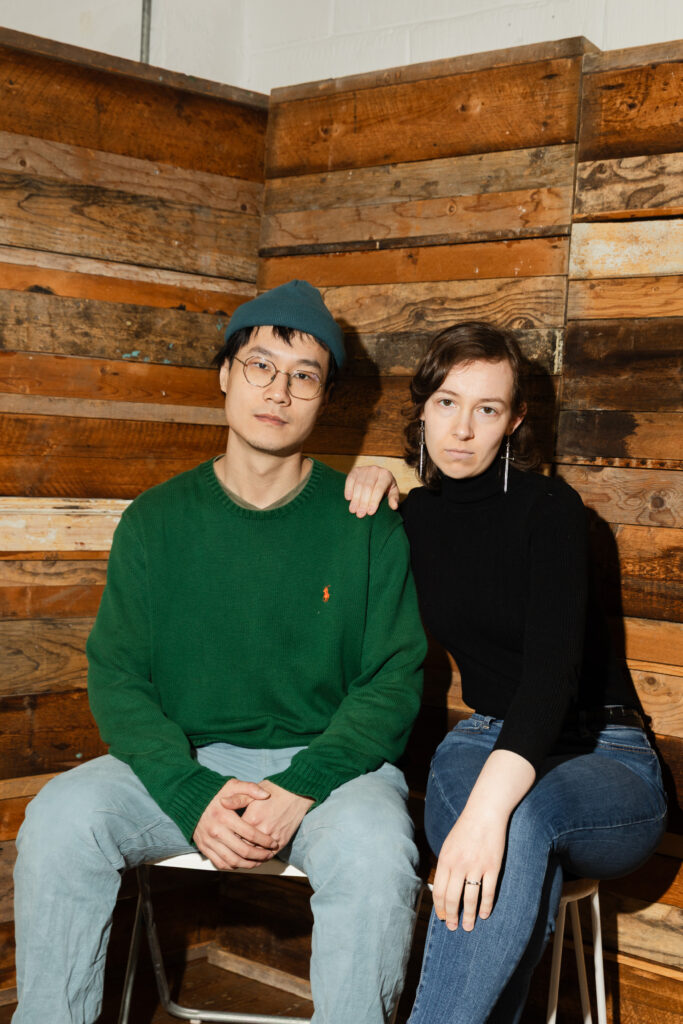Is scratch night culture officially back?
Injecting scratch culture back into the UK arts scene, Chisenhale Dance Space‘s Scratch Renaissance, made in collaboration with CDS’s Artist Community, is a year-long programme intentionally responding directly to the urgent need for artists to share works-in-progress and take risks in a supportive and accessible environment. To document and help amplify the programme, we launched an interview series with CDS that spotlights the six partners presenting and curating scratch nights as part of Scratch Renaissance.
Last month saw Mind the Gap Mind The Gap: Open Night, an evening of improvised performances in different mediums with four curated acts and four ‘open mic’ slots available on the night.
This month sees Halfpace Theatre is an award-winning, migrant-led company supporting new and devised work by marginalised artists and Ensemble Not Found (ENF), a theatre collective of five interdisciplinary first-generation ESEA artists, collaborate on Cross Pollination, an evening of interdisciplinary fun. The evening will see six artists embark on a collaborative journey, showcasing work that blurs boundaries between art forms.
Taking place on Friday 25 July, we caught up with John from Ensemble Not Found and Megan from Halfpace Theatre ahead of the event to find out more!
Why do you think scratch nights are vital for the dance and performance sector?
Megan Brewer: The last critical element of any performance is the audience; without them, we don’t know for certain that a piece actually works. Scratch nights provide a platform for artists to test out their ideas in a low-risk environment and find out right then and there if they’re headed in the right direction. New work isn’t made in a vacuum and this early-stage ‘check in’ is extraordinarily helpful in guiding the future life of the piece. There’s an added bonus for emerging artists who haven’t yet had the chance to do a full performance to still test out their performing/directing/choreographing/writing skills without having to commit to a full production. Not only do scratch nights help develop new work, they help develop new artists, or allow artists who have been going at this a while an opportunity to change tack and try something different.
Without scratch nights we will lose out on a vital step in the creative process and diminish our ability to make work for our audiences.
How do you approach risk and failure in your work? And how does this influence what you want to see in a scratch night?
ENF (Xiaonan): All members of ENF were trained in clown, so we’ve learned to practice failure—and to fail successfully. As creatives, we often feel vulnerable and stressed when our work is about to be shown to the public. It’s easy to overthink and retreat into safer choices. But when we’re hesitating over a risky idea, reminding ourselves “It’s just a scratch night” helps us push through and take the leap.
Often, the tricks we planned don’t land, but the audience might laugh or cry in unexpected places. That unpredictability is precious. Staying open, curious, and attentive to those moments of accidental magic is what allows the work to grow.
We recently found ourselves asking: What does it really mean to be bold? We think it means having the courage to fail—spectacularly, even. In a scratch night, we want to see artists do what they truly believe in. It doesn’t need to be polished; it can be a glorious mess. Why not? If the vision is strong and sincere, it might just be ahead of its time.

Cross Pollination takes place on Friday 25 July at 7pm at Chisenhale Dance Space. Get your tickets here.
